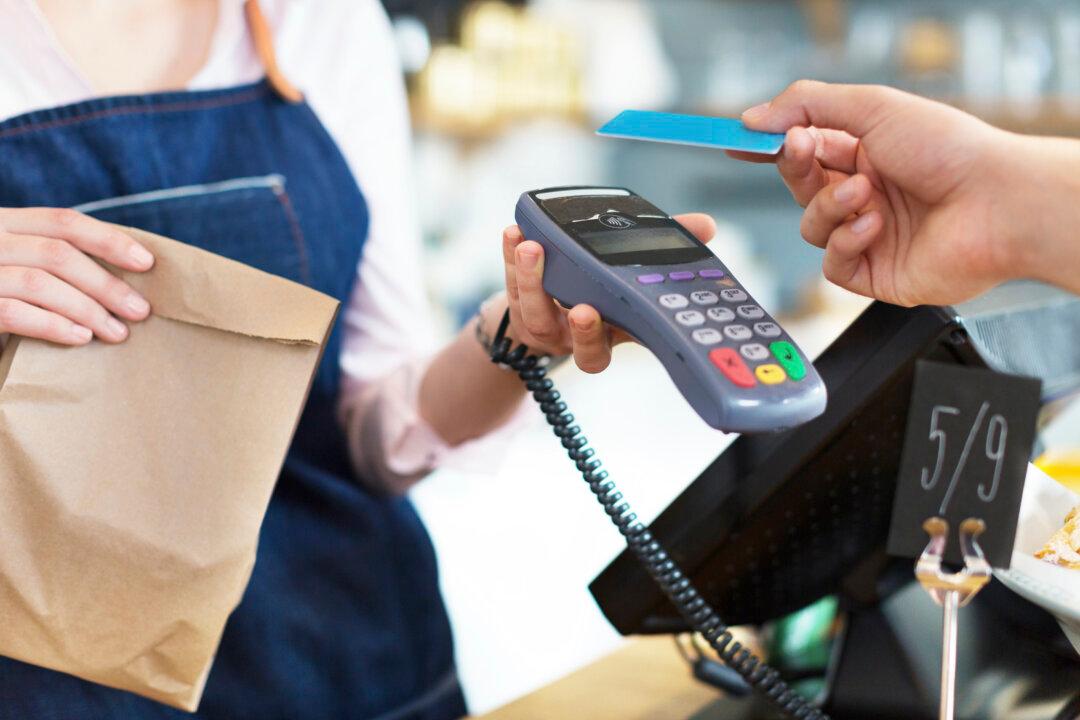Getting your credit card declined isn’t something you would like to experience in public. An uncomfortable mix of panic, embarrassment, and frustration grips you as the payment processing machine displays the irritating message ‘Your transaction has been declined’.
Particularly, if you have been waiting in a long queue to make your payment, the discomfiture grows intense. Fortunately for you, your debit card or any other payment method should come to your rescue. However, you would keep wondering why your credit card was declined.






